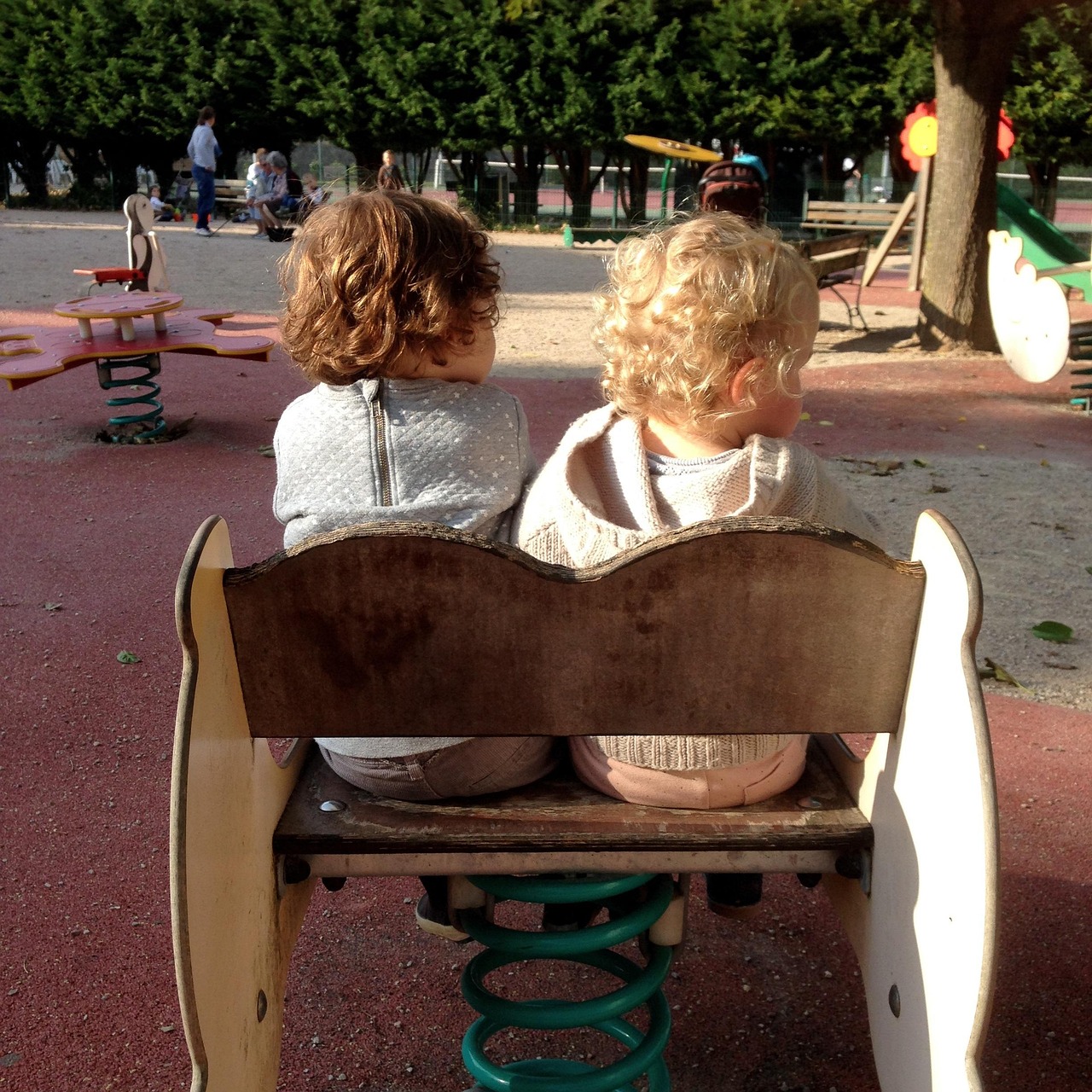
Nanny vs Daycare: Pros, Cons, and How to Choose
Choosing the right childcare for your little one is one of the most important decisions parents make. Between hiring a nanny or enrolling your child in a daycare, there are many factors to consider — from safety and personalized care to social interaction and cost. Understanding the pros and cons of each option can help you make a choice that fits your family’s needs and lifestyle.
🏠Nanny Care: Personalized Attention at Home
A nanny is a childcare professional who cares for your child in your home, offering individualized attention and a flexible schedule.
Pros
- One-on-one care: Your child gets tailored attention, routines, and learning activities.
- Flexible scheduling: Nannies can adjust hours to fit parents’ work schedules, including evenings or overnight care.
- Home environment: Children remain in the comfort of their own home, which can reduce stress and maintain familiar routines.
- Specialized care: Nannies can be trained for newborns, special needs, or language immersion.
Cons
- Higher cost: Hiring a qualified nanny is generally more expensive than daycare.
- Dependence on one person: If the nanny is sick or unavailable, backup care may be needed.
- Less social interaction: Your child might have fewer opportunities to interact with peers unless playdates or group activities are arranged.
👦👧Daycare: Structured Social Learning
Daycare centers provide group care for children, typically in a classroom-style setting with structured schedules.
Pros
- Socialization: Children interact with peers daily, developing social skills early.
- Structured environment: Daily routines, learning activities, and educational programs are built into the schedule.
- Multiple caregivers: A team of trained staff ensures that care continues even if one teacher is unavailable.
- Cost-effective: In many areas, daycare is less expensive than hiring a full-time nanny.
Cons
- Less individual attention: Ratios of caregivers to children are higher, so one-on-one interaction is limited.
- Rigid schedules: Drop-off and pick-up times may not be flexible for all parents.
- Exposure to illness: Children in group settings are more likely to catch common colds or infections.
- Less control over environment: You may have less influence on teaching methods, discipline, or routines.
How to Choose What’s Right for Your Family
When deciding between a nanny and daycare, consider these factors:
- Your child’s needs
- Newborns or children with special needs often thrive with one-on-one care.
- Older infants and toddlers may benefit from the social learning offered by daycare.
- Work schedule & flexibility
- If your hours are irregular or you need evening/overnight care, a nanny may suit you best.
- If you have a predictable schedule, daycare can provide consistency and routine.
- Budget
- Nannies are typically more expensive, but the personalized care may be worth the investment.
- Daycare can be a more affordable option for families with multiple children.
- Values and priorities
- Consider what matters most: personalized care, social interaction, flexible hours, educational programs, or exposure to a structured environment.
- Trial and observation
- Visit daycare centers or meet potential nannies.
- Observe interactions, ask questions, and trust your instincts about what feels right for your child.
Combining the Best of Both Worlds
Some families choose a hybrid approach: part-time daycare combined with a nanny for extra care or specialized attention. This can offer both socialization and personalized support while fitting family schedules and budgets.
🆘Tip: Agencies Can Help in Emergencies
One of the main advantages of working with a trusted nanny agency is quick support in unexpected situations. If your nanny is suddenly sick or unavailable, the agency can provide a substitute caregiver on short notice, ensuring your child’s routine continues smoothly and parents aren’t left scrambling.
Conclusion
There’s no one-size-fits-all answer when it comes to childcare. The decision between a nanny and daycare depends on your child’s personality, family logistics, budget, and your comfort level. By carefully weighing the pros and cons — and knowing that working with a trusted agency provides professional support and backup — you can choose a solution that supports your child’s development, safety, and happiness, while giving you peace of mind.





